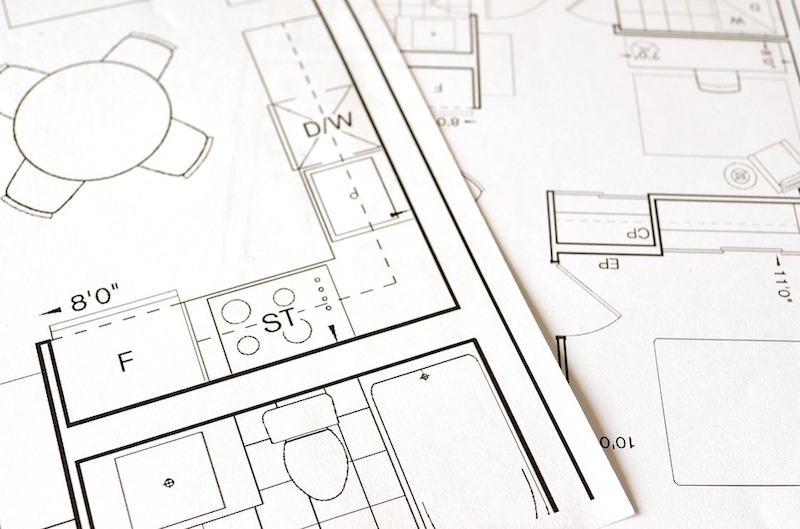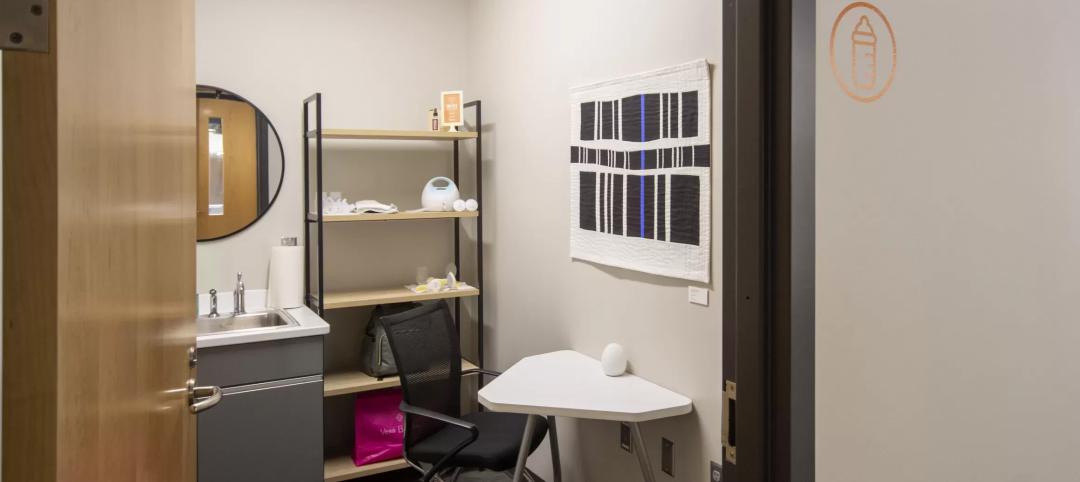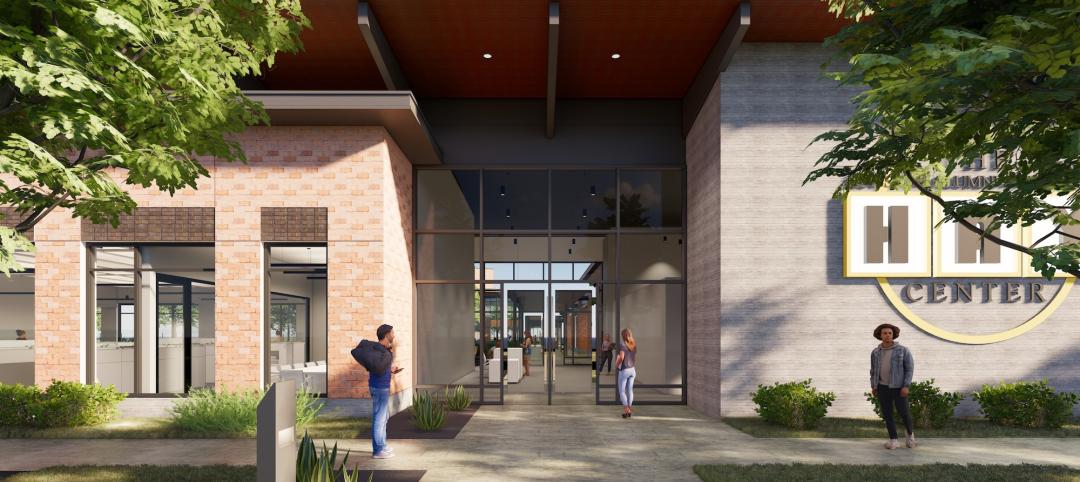After four years of development, the latest version of the Architect Registration Examination® (ARE®), ARE 5.0, launched on November 1, 2016. The updated exam incorporates new testing technologies and features six divisions that align with current practice and the progression of an architecture project. ARE 5.0 was developed with the help of practicing architects who volunteer their time and expertise, and reviewed by experts who ensure the exam is fair, reliable, and meets national testing standards.
Developed and administered by the National Council of Architectural Registration Boards (NCARB), the ARE assesses the knowledge and skills of all candidates seeking a license to practice architecture in the United States. NCARB periodically updates the exam to ensure it continues to reflect the demands of professional practice.
Aligning to Current Practice
To adapt to changes in the profession, ARE 5.0 content has been restructured into six divisions organized around architectural practice and the progression of a typical project. The new divisions also align with the experience areas of the Architectural Experience Program® (AXP®), helping candidates connect their practical experience to exam topics and making the licensure process smoother and easier to understand. ARE 5.0 test durations are substantially shorter than ARE 4.0—ranging from three and a half to five hours and reducing total seat time by eight hours.
In addition, ARE 5.0 features the latest graphic testing methods, replacing vignettes with two new question types: hot spots and drag-and-place. ARE 5.0 also includes case studies, which provide candidates with multiple pieces of information and require them to assess and solve the types of problems architects face on a daily basis.
Preparing Candidates for ARE 5.0
Candidates looking for insight into the new exam have access to several free study tools developed by NCARB. These include the ARE 5.0 Handbook, the ARE 5.0 Guidelines, the ARE 5.0 Community, the ARE 5.0 Demonstration Exam, and the ARE 5.0 Test Prep video series. In addition, as an incentive to take the new exam, the first 600 candidates to test on each division will receive a $100 gift card.
NCARB will continue to administer ARE 4.0 until June 30, 2018. This 20-month period of dual delivery will enable current candidates to finish the exam in a way that best suits their needs.
For more information about ARE 5.0 visit www.ncarb.org/ARE5.
Related Stories
Market Data | Aug 1, 2023
Nonresidential construction spending increases slightly in June
National nonresidential construction spending increased 0.1% in June, according to an Associated Builders and Contractors analysis of data published today by the U.S. Census Bureau. Spending is up 18% over the past 12 months. On a seasonally adjusted annualized basis, nonresidential spending totaled $1.07 trillion in June.
Healthcare Facilities | Aug 1, 2023
Top 10 healthcare design projects for 2023
The HKS-designed Allegheny Health Network Wexford (Pa.) Hospital and Flad Architects' Sarasota Memorial Hospital - Venice (Fla.) highlight 10 projects to win 2023 Healthcare Design Awards from the American Institute of Architects Academy of Architecture for Health.
Office Buildings | Aug 1, 2023
Creating a nurturing environment: The value of a mother’s room in the workplace
Since becoming an architect, Rebecca Martin of Design Collaborative has drawn a mother’s room into numerous projects. But it wasn't until she became a mom that she fully appreciated their importance in the workspace.
Digital Twin | Jul 31, 2023
Creating the foundation for a Digital Twin
Aligning the BIM model with the owner’s asset management system is the crucial first step in creating a Digital Twin. By following these guidelines, organizations can harness the power of Digital Twins to optimize facility management, maintenance planning, and decision-making throughout the building’s lifecycle.
K-12 Schools | Jul 31, 2023
Austin’s new Rosedale School serves students with special needs aged 3 to 22
In Austin, the Rosedale School has opened for students with special needs aged 3 to 22. The new facility features sensory rooms, fully accessible playgrounds and gardens, community meeting spaces, and an on-site clinic. The school serves 100 learners with special needs from across Austin Independent School District (ISD).
MFPRO+ New Projects | Jul 27, 2023
OMA, Beyer Blinder Belle design a pair of sculptural residential towers in Brooklyn
Eagle + West, composed of two sculptural residential towers with complementary shapes, have added 745 rental units to a post-industrial waterfront in Brooklyn, N.Y. Rising from a mixed-use podium on an expansive site, the towers include luxury penthouses on the top floors, numerous market rate rental units, and 30% of units designated for affordable housing.
Affordable Housing | Jul 27, 2023
Houston to soon have 50 new residential units for youth leaving foster care
Houston will soon have 50 new residential units for youth leaving the foster care system and entering adulthood. The Houston Alumni and Youth (HAY) Center has broken ground on its 59,000-sf campus, with completion expected by July 2024. The HAY Center is a nonprofit program of Harris County Resources for Children and Adults and for foster youth ages 14-25 transitioning to adulthood in the Houston community.
Hotel Facilities | Jul 27, 2023
U.S. hotel construction pipeline remains steady with 5,572 projects in the works
The hotel construction pipeline grew incrementally in Q2 2023 as developers and franchise companies push through short-term challenges while envisioning long-term prospects, according to Lodging Econometrics.
Sustainability | Jul 27, 2023
USGBC warns against building energy code preemptions, rollbacks
In a recent editorial, the USGBC cited a growing number of U.S. state legislators who are “aiming to roll back building energy code standards and/or preempt local governments from advancing energy-efficient building codes.”
Resiliency | Jul 27, 2023
'Underground climate change' can damage building foundations, civil infrastructure
A phenomenon known as “underground climate change” can lead to damage of building foundations and civil infrastructure, according to a researcher at Northwestern University. When the ground gets hotter, it can expand and contract, causing foundations to move and sometimes crack.

















